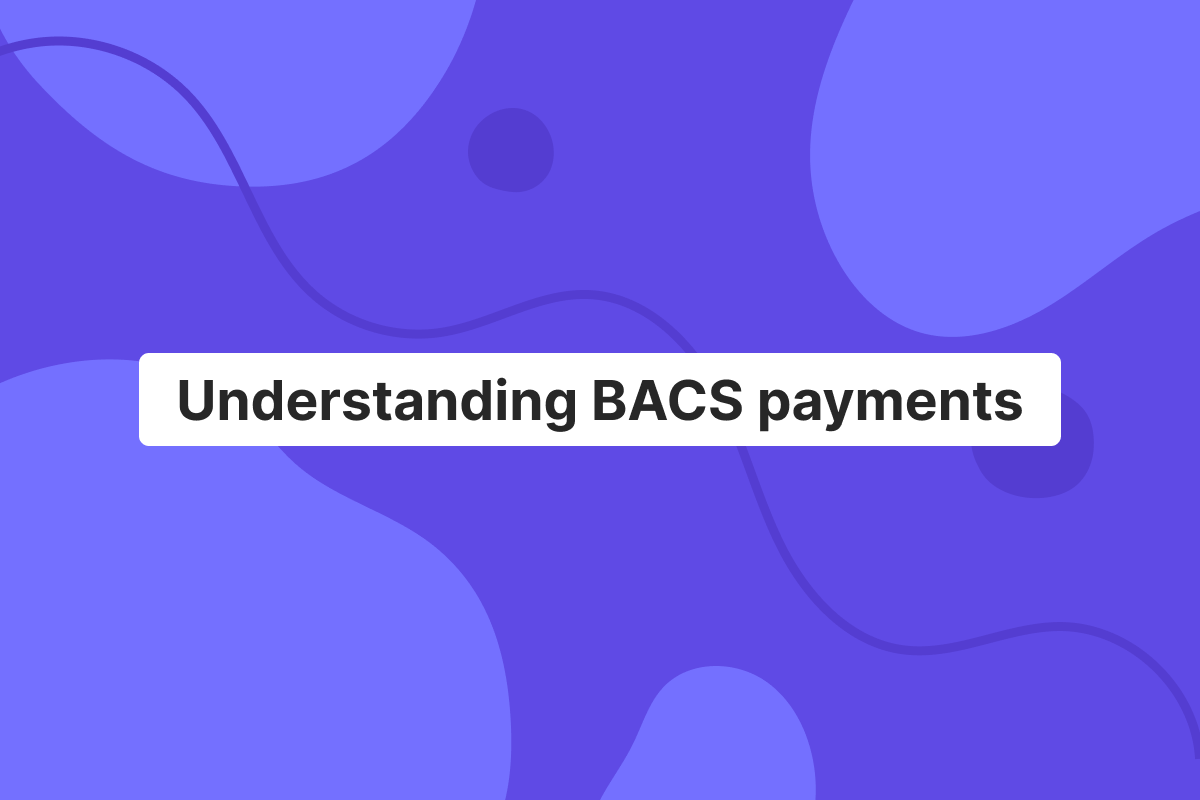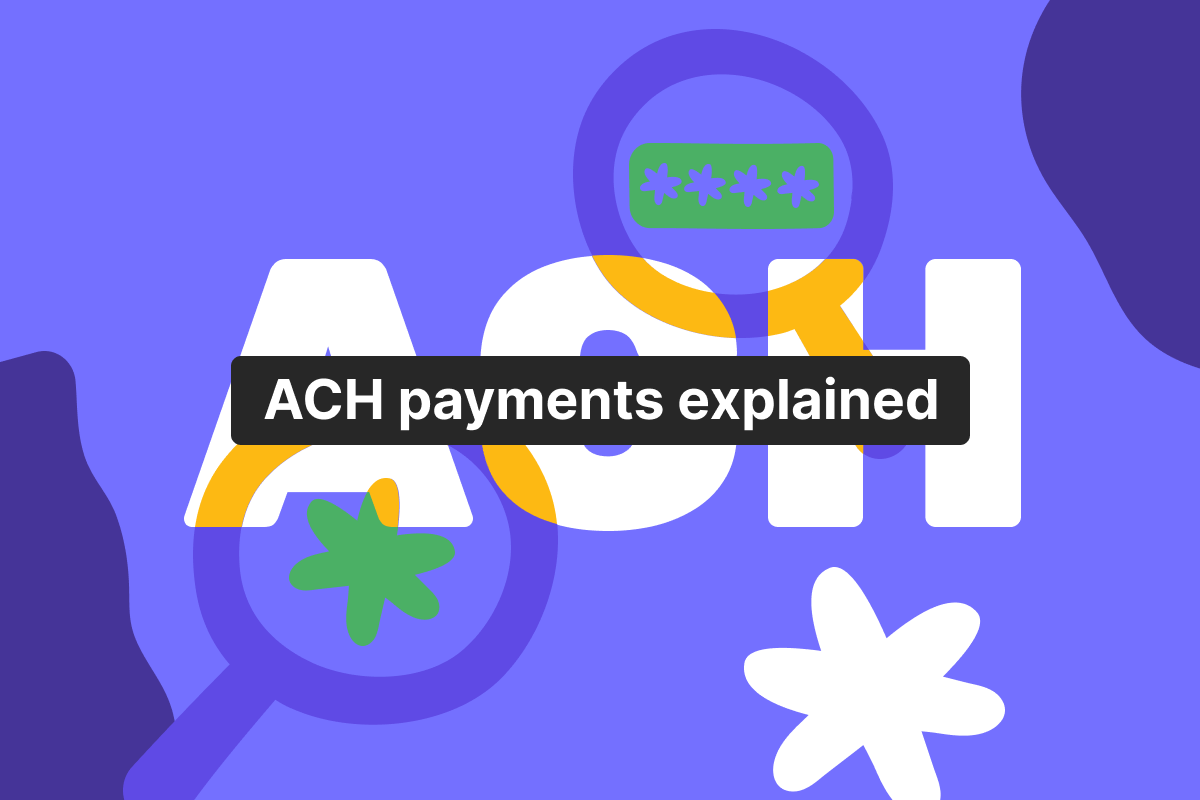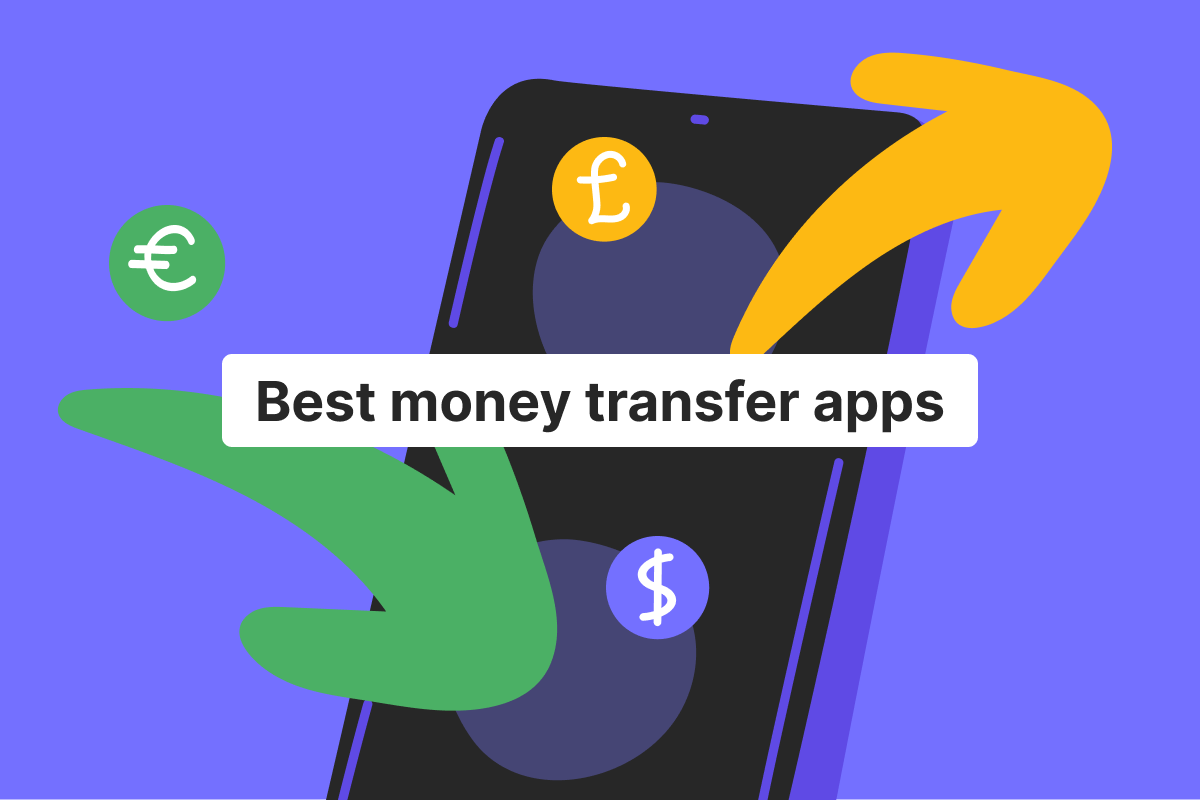Genome Blog / articles / Using a VPN to protect your online account – how can it help?
May. 15, 2022
It is crucial to have a safe way of connecting to your banking app. One of the methods you can apply is a Virtual Private Network. The Genome article explains what it is, how it works, and how your online banking account experience can benefit from it.
What is a VPN?
A VPN stands for the Virtual Private Network. The main thing about it is that it protects the internet connection of the user. It privates the browser and masks the Internet Protocol address or IP, and guarantees that the internet service provider does not collect and track the user’s data. A VPN modifies the visible IP address: the user can appear virtually in any location in the world. That is why a Virtual Private Network improves protection and enhances privacy.
Let’s see an example of how it operates. Imagine we want to deliver a package from the post service to the actual private address. Surely we would need to know all the contact details like the street, postcode, person’s name, and even phone number. It makes the delivery efficient but exposes too much private data.
If we implemented VPN functions into the delivery, the process would look completely different. Instead of the actual person’s address, a delivery company would assign a personal ID by which it could send packages. And there is more to it. The inside of the package would remain impossible to open to any other person except the one with the correct ID. It is basically how a Virtual Private Network protects the data of users and secures them.
Can a VPN protect an online bank account?
When it comes to banking, a VPN proves to be quite useful. As the private network masks user’s identification data, it really does provide more protection when logging in and performing secure bank operations. The VPN protects an online bank account from banking fraud and theft of money from the account, ensuring safe transactions.
Main benefits of using a VPN to protect online account:
- Provides banking security when using public Wi-Fi hotspots;
- Masks the IP address to reduce banking fraud;
- Encrypts the internet traffic to make banking secure and private;
- Allows a user to access an online banking account from abroad with no location alerts;
- Guarantees that the internet traffic is not recorded or tracked by the internet service provider, and so the user’s data can not be sold for marketing purposes.
Are transactions safer with a VPN?
In short, yes. You better use a VPN to protect an online account, especially from banking fraud. With no Virtual Private Network, transactions and private data of it such as name and bank details can be taken by hackers and utilized to steal user’s funds or identity. But by using the private network, the traffic is encrypted, which keeps all the transactions safe and protects from the theft of money from the account.
Which online bank ensures banking fraud protection?
We recommend Genome. It offers secure digital wallets and financial services for personal and business needs. Genome opens accounts in multiple currencies: USD, GBP, and EUR. The banking serves clients within Europe, including all the EU states along with Belgium.
FAQ
Can your account be hacked with VPN?
Yes, you can. In fact, nothing can surely protect a person from hacking. But using a VPN to protect an online account reduces hacking chances a lot. We recommend using the Virtual Private Network for secure banking each time you use a public WiFi.
Does a VPN protect login info?
A Virtual Private Network protects and encrypts all the data, including login info. We highly recommend using it each time when you are connecting to a not secured internet such as public WiFi, for example. In this particular case, the WiFi can be a disguised hacking network that aims to steal data, but a VPN can protect you from it.
Is the online transaction safe with VPN?
Yes, it is quite safe. A Virtual Private Network provides encryption, hides traces, and enhances security. We do recommend using it.





